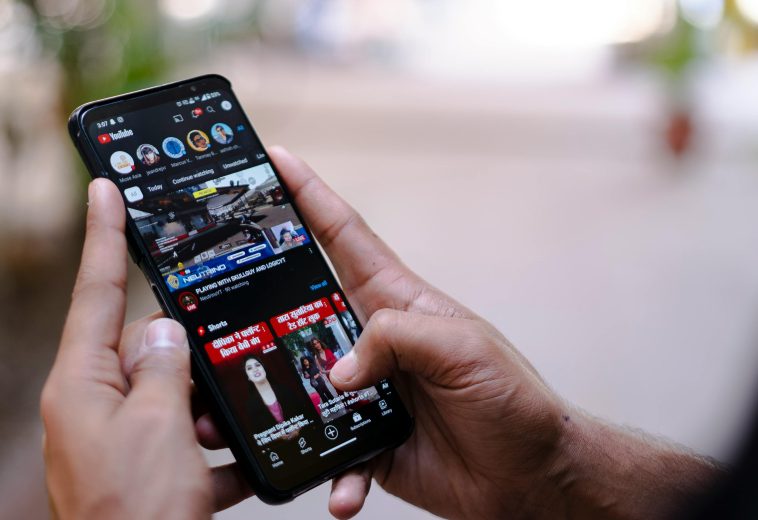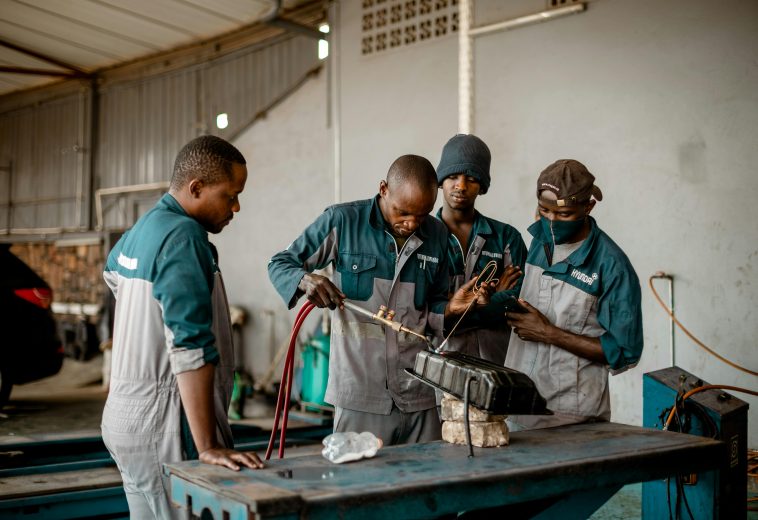Sustainable Development Goal 17 (SDG 17) underscores the importance of partnerships in achieving global development goals. Africa has made progress in forging alliances to address issues of poverty, inequality, and environmental sustainability. Through strategic collaborations with international organisations, regional partnerships, and diaspora contributions, Africa is demonstrating how partnerships can be transformative. This article delves into Africa’s progress under SDG 17, highlighting key successes and case studies.
SDG 17 aims to strengthen global partnerships to support the implementation of all Sustainable Development Goals. These partnerships include North-South and South-South cooperation, leveraging resources, technology, and expertise to build sustainable economies. For Africa, SDG 17 is not just a goal but a pathway to overcoming systemic barriers to development.
READ ALSO: The Shift in Africa’s Economic Partnerships with Global Powers
Remittances from the African diaspora have proven to be a vital source of development funding. In 2021 alone, remittances to Africa exceeded $95 billion, significantly bolstering national economies. Countries like Comoros rely on remittances for over 20% of their GDP, while nations like Nigeria and Egypt rank among the largest recipients globally.
In Nigeria, diaspora remittances have been channelled into infrastructure projects, education, and healthcare. For instance, the $300 million Diaspora Bond issued in 2017 funded critical infrastructure, exemplifying how diaspora engagement can translate into tangible development.
Africa remains the largest recipient of official development assistance (ODA), which complements national budgets in critical sectors. Partnerships with the European Union, the United Nations, and the World Bank have enabled funding for healthcare, education, and climate change mitigation initiatives.
Rwanda’s health system has been significantly strengthened through Global Fund investments, reducing malaria-related deaths and improving overall public health outcomes.
Africa’s push to digitalise its economies has benefitted immensely from international collaborations. The Digital Economy Programme, spearheaded by the European Union, is a prime example. It aims to enhance digital infrastructure, enabling African countries to compete in the global tech landscape.
Kenya’s Konza Technopolis, a smart city project, reflects how partnerships can catalyse tech-driven development. Supported by international investors, the project is set to position Kenya as a regional hub for innovation.
Africa’s renewable energy initiatives have garnered support from global partners, including the African Development Bank (AfDB) and the EU. The Africa-EU Renewable Energy Cooperation Programme (RECP) has financed solar and wind energy projects across the continent.
Morocco’s Ouarzazate Solar Power Plant, the largest of its kind globally, is a shining example of how partnerships can drive sustainable energy goals.
Morocco has also emerged as a leader in South-South cooperation, partnering with sub-Saharan African nations to share expertise in agriculture, renewable energy, and industrialisation.
Case Study: Morocco’s collaboration with Senegal and Gabon has led to the transfer of agricultural technologies, boosting food security in the region.
The AfCFTA is a landmark partnership among African nations to promote intra-African trade and economic integration. Launched in 2018, it seeks to create the world’s largest free trade area by number of participating countries.
Ghana, as a hub for AfCFTA’s secretariat, has attracted investments and positioned itself as a trade leader in Africa.
Beyond remittances, African professionals abroad are sharing expertise with local counterparts. Programmes like “Homecoming Revolution” connect skilled diaspora members with opportunities to contribute to sectors like healthcare and technology in their home countries.
• Case Study: Ethiopian doctors in the diaspora have returned to train healthcare workers, addressing gaps in Ethiopia’s health sector.
• Diaspora communities advocate for African interests globally. Their lobbying efforts have influenced favourable policies in host countries, such as increased development aid and investments.
While Africa has made commendable progress under SDG 17, challenges remain. Issues such as unequal resource distribution, political instability, and the digital divide hinder the full realisation of partnerships. However, the continent’s resilience and innovation continue to open new avenues for collaboration.
Africa’s achievements under SDG 17 demonstrate the power of partnerships in driving sustainable development. By leveraging its diaspora, fostering regional integration, and engaging in global alliances, Africa is setting an example of how collaborative efforts can overcome barriers to development. As the continent continues to embrace innovative partnerships, it paves the way for a future defined by shared prosperity and sustainability.




